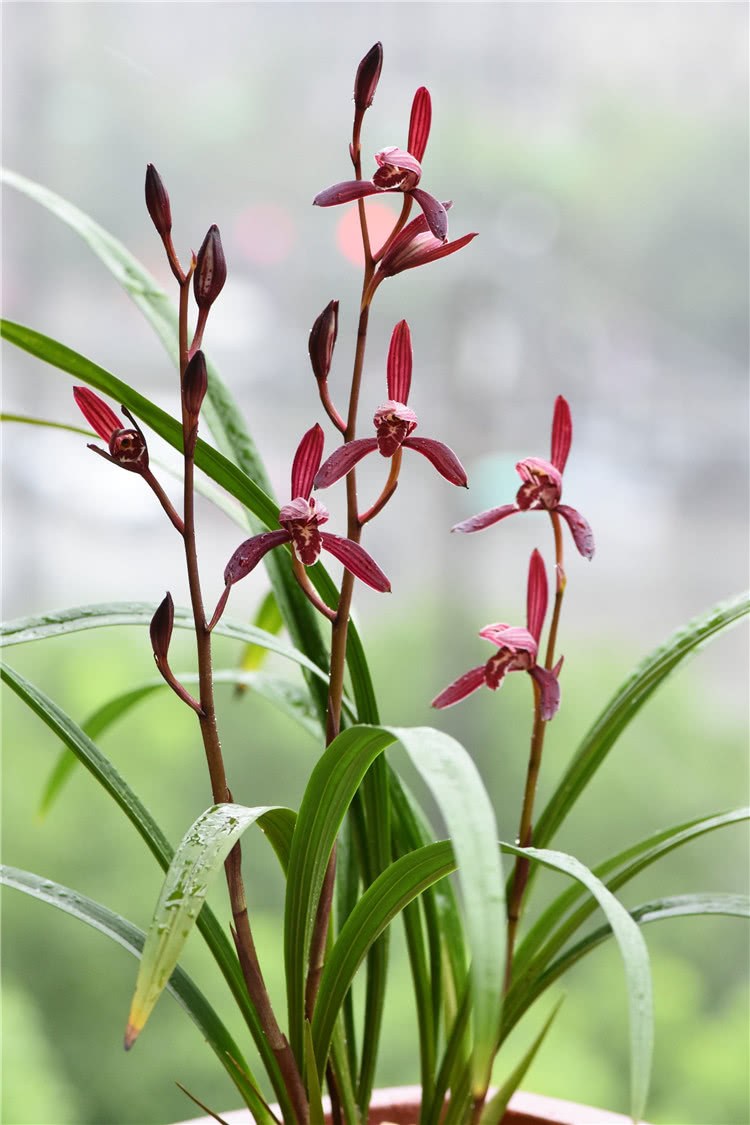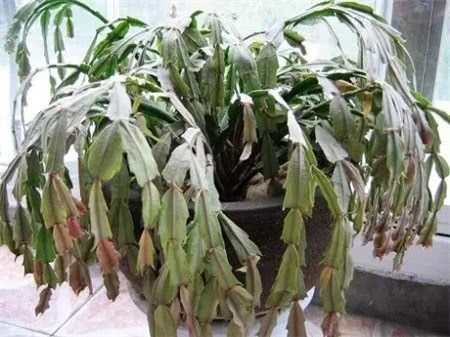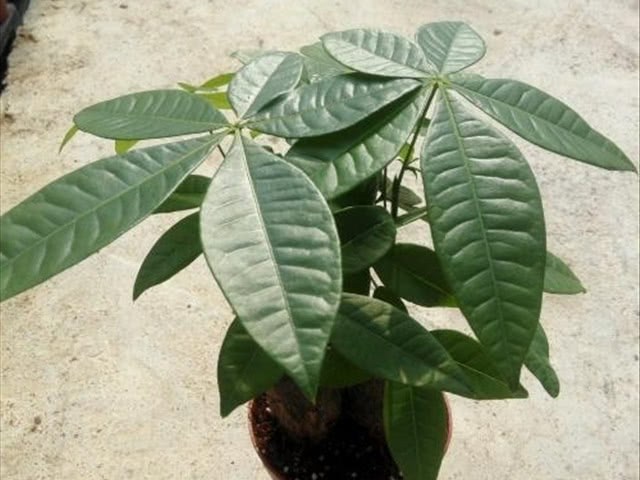Orchid cultivation master: master three orchid cultivation skills that novices must learn without difficulty

When I was a child, I often heard adults say, "when you do something, you have to have a degree in your heart." when the little gardener was learning to raise orchids from his elders, he also said that orchids have to grasp three "degrees" in their hearts. Indeed, with these degrees, in the conservation of orchids, they will be more stable and will not be timid in order to raise orchids well.
The reason why many novice orchids cannot raise orchids well is that these three basic "degrees" are not well mastered. Orchids are easy to rot in summer, yellow leaves are scorched, there are few flowers in autumn, and the fragrance is very faint. Hurry up to learn the basic three "degrees" of orchid cultivation.
1. The first degree: the degree of "plant density"
The novice will not match the plant material, the old orchid friend wants to challenge the new plant material formula, so when everyone is conserving the orchid, the density of the plant material selected is very different, like the big plant material (bark, stone, etc.) which is popular on the market now, the air permeability is good, very sparse, the drainage is good, but the moisturizing and fat retention property is slightly insufficient, in such an environment, the root of the orchid is not easy to grow strong, much longer.
While the fine plant materials that Lao Lanyou wants to challenge, such as soil and sand plants, they are good things to grow roots, and they can grow flowers and fragrance, but the disadvantage is that they are not permeable and easy to accumulate water, causing rotten roots. Therefore, the elder's suggestion is: use the big and the small together, the big one accounts for 7 parts, and the small one accounts for 3 portions. This formula can not only raise roots and flowers, but also ensure ventilation and drainage, and keep away from rot.
Of course, if you are an experienced old orchid friend, increase the proportion of fine soil appropriately and adjust it appropriately. With this formula, it is best to use with orchid organic nutrient solution, growing period with strong root and seedling organic fertilizer, flower bud differentiation period with sufficient phosphorus and potassium organic fertilizer, so as to make the orchid beautiful and fragrant.
two。 The second degree: the degree of "plant material dry and wet"
After talking about the degree of density, and then talk about the degree of dry and wet grasp of plant materials, this is the ability to water and humidify the postgraduate entrance examination. The degree of dryness and wetness of the older orchid pot soil is roughly divided into four dimensions: dry, moist, wet, and waterlogged. He says that he usually observes the plant material. If the soil on the surface is light, and the basin is also very light, it is "between dry and wet." if the topsoil is wet and the basin soil is heavy, it is between "wet and waterlogged."
Orchid's favorite humidity is usually about 60%, that is to say, between "wet and moist", we can prepare a bamboo stick to judge the amount of water, or we can use a special flower detector to measure humidity. After you get used to it, you will have a standard in mind, which is the origin of the experience of conserving orchids.
3. The third degree: the degree of "environmental yin and yang"
Raise orchids, the degree of "yin and yang" of the environment, in fact, is the lighting of the environment, a sunshade net is actually necessary, even if it is the turn of summer and autumn, the noon sun is still too strong, can not be too sunny, 4-6 hours of light every day is enough, preferably 7-9 am, 4-6 pm light, soft does not hurt the orchid, this is more suitable.
As a novice in raising orchids, the florist's personal advice is to prepare your own pamphlet and often observe the changes in the environment during your watering time, so that you can slowly find out some rules in it. This is the most precious thing (the picture is from the bar friend "another year of spring breeze green").
- Prev

Crab claw orchid leaves soft? If you do these two, the leaves are green and stand up like steel needles.
Crab claw orchid leaves soft? Do a good job in this "2 look", the leaves are green like a "steel needle" standing up to grow flowers is a very artistic thing, many flower friends grow many different kinds of plants at home, of which there are 7 out of ten.
- Next

If you want the rich tree to grow quickly, it can be divided into the maintenance of the four seasons and luxuriant branches.
Original title: want to make a fortune tree grow fast, can be divided into these four seasons of conservation, luxuriant branches! Abstract: now many young people will raise some flowers and plants at home, but they are all at work, very busy, always.
Related
- Wuhan Hospital Iron Tree Blooming Result Was Instantly Frightened by the Gardener Master
- Which variety of camellia is the most fragrant and best? Which one do you like best?
- What is the small blue coat, the breeding methods and matters needing attention of the succulent plant
- Dormancy time and maintenance management of succulent plants during dormancy
- Minas succulent how to raise, Minas succulent plant pictures
- What are the varieties of winter succulent plants
- How to raise succulent plants in twelve rolls? let's take a look at some experience of breeding twelve rolls.
- Attention should be paid to water control for succulent plants during dormant period (winter and summer)
- Watering experience of twelve rolls of succulent plants
- Techniques for fertilizing succulent plants. An article will let you know how to fertilize succulent plants.

